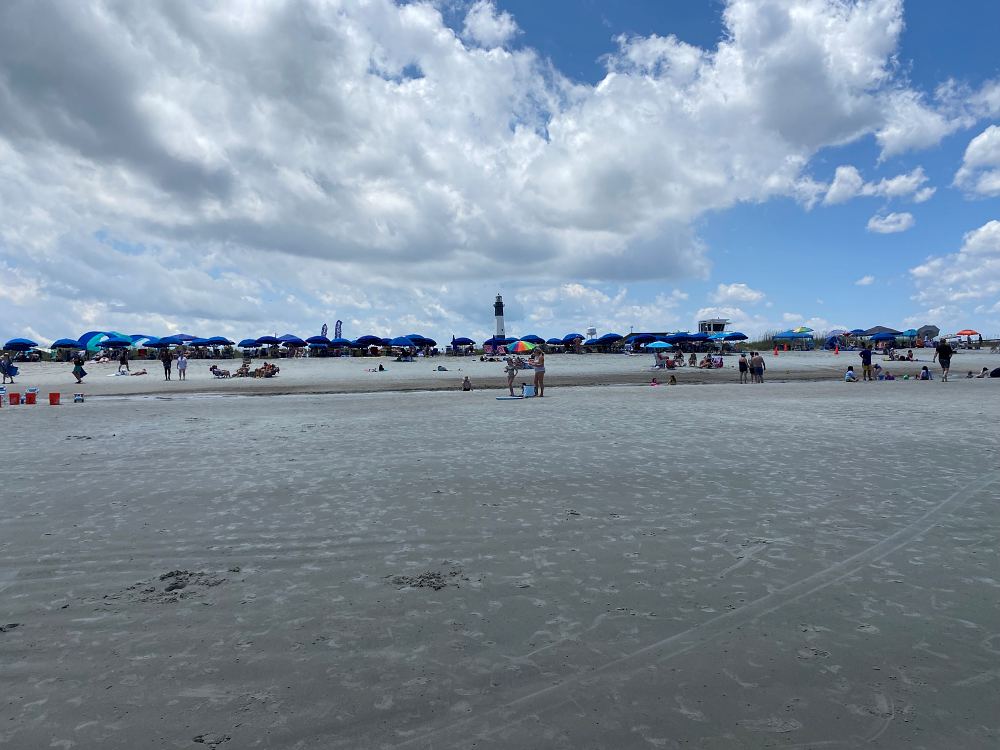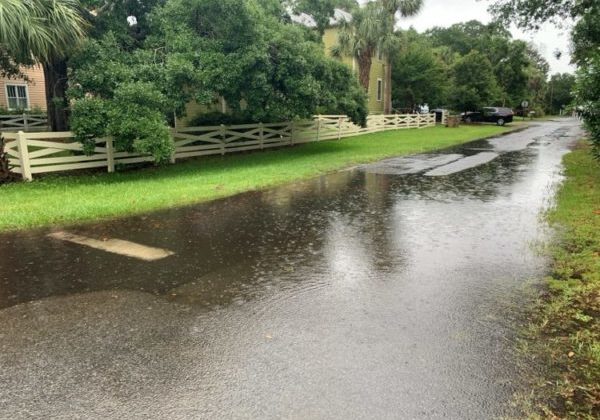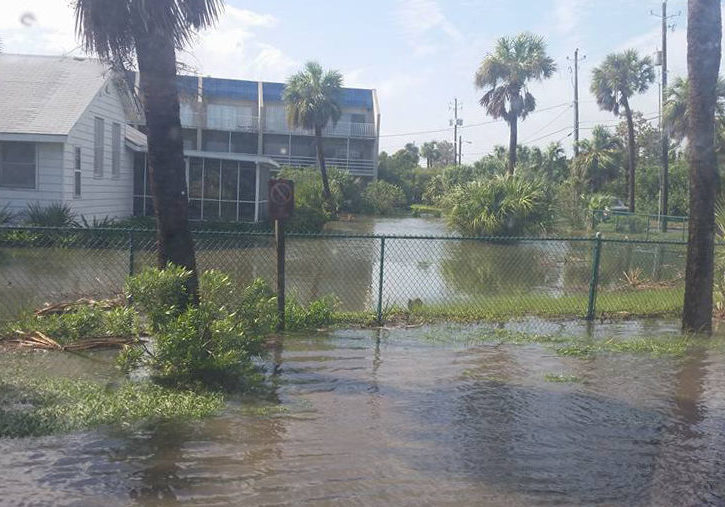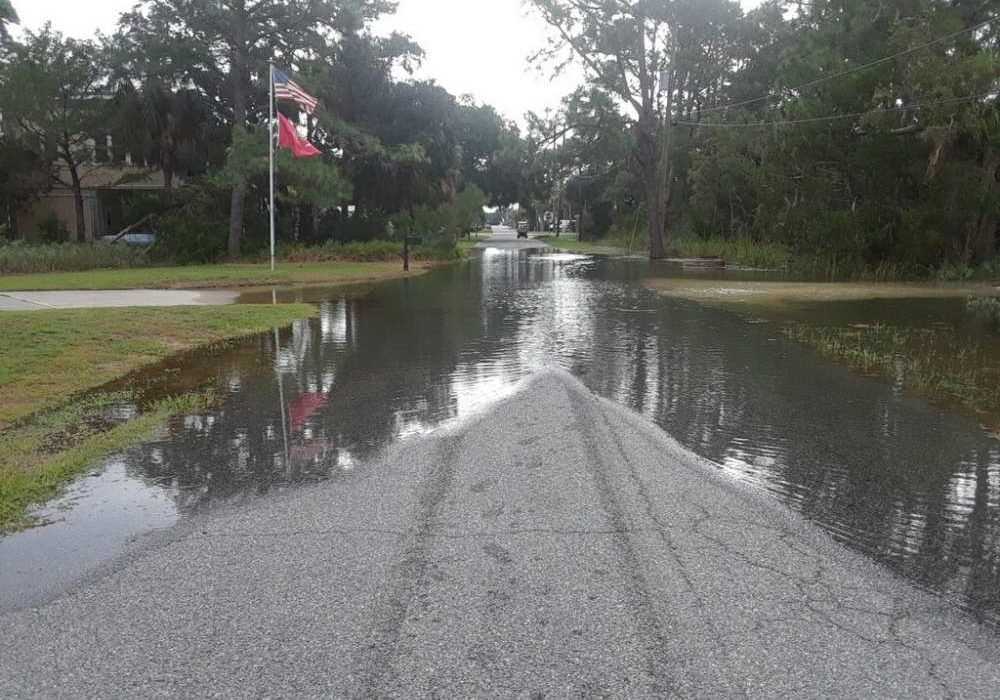Health
Why it Matters
Extreme weather events and climate change impact the health and well-being of Tybee Island’s residents and visitors. Though Tybee Island has a relatively small population of 3,100 full-time residents, 55% of its population is 50 years or older. Elderly individuals are more vulnerable to climate-related events due to limited mobility and more healthcare access needs.
The only healthcare facilities on Tybee Island are a nursing home and a rehab center. Flooding due to sea level rise can cut Tybee Island residents off from the mainland as U.S. Highway 80 is the only road on and off Tybee Island. This isolation could prohibit residents from accessing basic healthcare services, such as clinics and pharmacies.
Additionally, as the island experiences more prolonged and severe heat waves during peak visitor season, children, older adults, and people with underlying medical conditions are particularly at risk for heat-related illnesses. Extreme weather events can impair the health of Tybee Island's residents and visitors by damaging crucial infrastructure, exacerbating vulnerabilities, and disrupting access to essential services.
The Threat
Extreme weather events put residents’ physical and mental health at risk. Severe storms and floods can cause an increase in disease bacteria in standing water, indoor mold outbreaks, and transmission of mosquito-borne diseases. Floodwater and stormwater can contain excessive levels of bacteria and pollutants that can cause infections and disease.
Heavy rain, storm surge, and flooding also increase the threat of indoor mold outbreaks in one's home. Mold begins to grow after 24 to 48 hours on damp surfaces and can cause health issues, especially in people with preexisting conditions, immunocompromised individuals, pregnant women, children, and the elderly.
Climate change influences the prevalence of disease-carrying insects, by expanding habitats conducive to breeding. West Nile virus is one of the most common mosquito-borne diseases in Georgia and can cause fever, headache, body ache, diarrhea, rash, or joint pains in some people.
Extreme weather events can also cause poor mental health outcomes, including post-traumatic stress disorder, depression, and anxiety.


What Tybee Island is Doing
Tybee Island is collaborating with diverse partners to protect public health from the harmful impacts of climate change and sea level rise. To ensure a safe evacuation route in case of an extreme weather event, the City of Tybee Island has been communicating with federal and state partners about the need to elevate U.S. Highway 80. In 2019, the Georgia Department of Transportation repaved portions of the road, which raised low-lying parts eight inches. The City is now seeking help from the state of Georgia to find long-term solutions to flooding on US 80.
To combat mosquito-borne diseases, the Chatham County Mosquito Control Department has set up an informational website that offers comprehensive and cost-effective resources that detail current risk levels as well as tips to control mosquito breeding.
The City of Tybee Island works with the Chatham County Emergency Management Agency (CEMA) to respond to health risks in the community. After a flood event, CEMA utilizes “crisis cleanup,” which is an online disaster work order system. The agency establishes a call center to gather unmet needs from people and pairs them with volunteer groups and non-profits who can assist with concerns, such as mold remediation. During hurricanes, CEMA goes over nursing and long-term care facilities' evacuation plans. Using this information, CEMA works with the state of Georgia to bridge the gaps in transportation and placement needs for individuals. For older adult populations that are not in a facility and live independently, CEMA conducts emergency messaging through alerts. CEMA also has been working with Gateway Behavioral Health and the Georgia Department of Behavioral Health and Developmental Disabilities to address gaps associated with mental health. When a disaster is declared, funding becomes available to support mental health programming.



